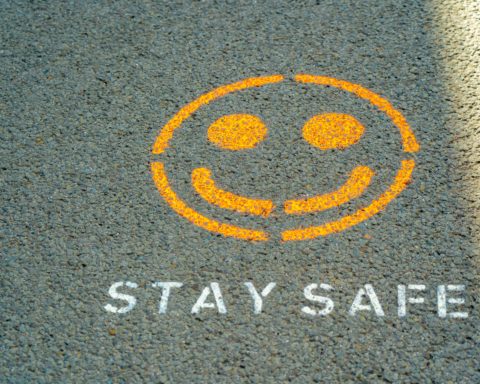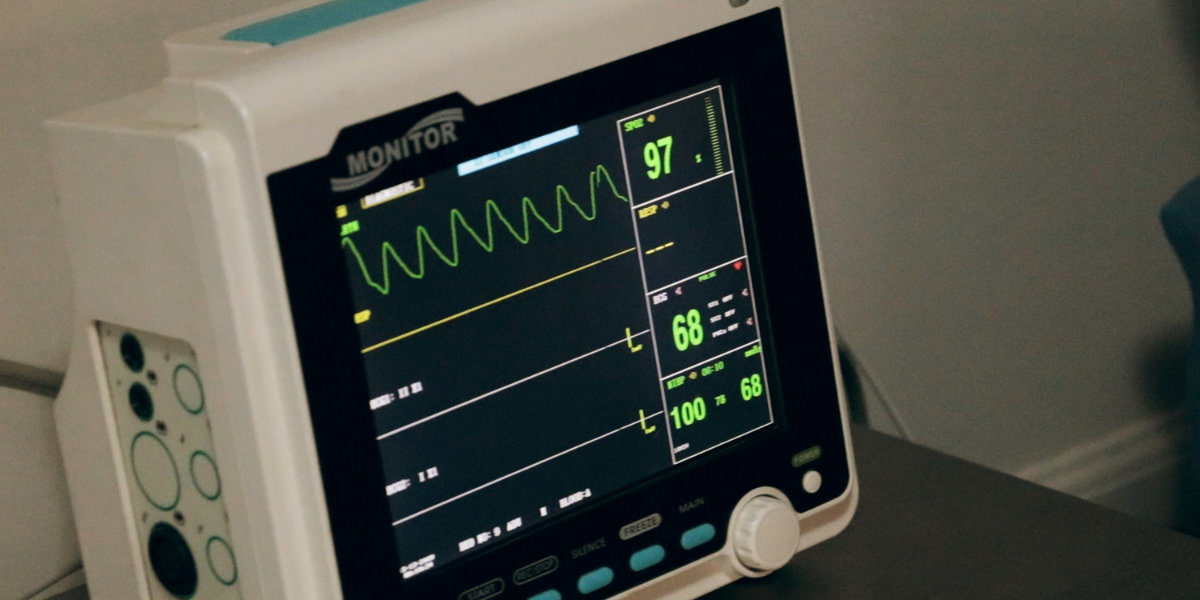History shows that during times of crisis, politicians tend to reach for more power. It’s happening again now, argues researcher Luke Kemp, and democratic citizens should be wary of the dangers.
There is an old adage that crisis brings both danger and opportunity. During the Covid-19 pandemic, this has proved true for many politicians.
As the coronavirus has spread, many governments around the world have sought to tackle the pandemic by broadening their powers and abilities, according to data collated from the Covid-19 Digital Rights Tracker and Civic Freedom Tracker. A total of 32 countries have used militaries or military ordances to enforce rules, which has not been without casualties. In Angola, police shot and killed several citizens while imposing a lockdown. Others have drawn on technology to grow government oversight. To monitor rule-breakers, 22 countries have used surveillance drones. Facial recognition programmes have been expanded, internet censorship has occurred in 28 countries, and internet shutdowns in 13. At least 120 contact-tracing apps are in use across 71 states, and 60 other digital contact-tracing measures have been used across 38 countries.
there is an argument that by stomping down through greater surveillance, strenghtened security forces and expanded powers, governments risk making disasters worse.
Dr Luke KemP writing for BBC Future
Many of these are examples of emergency powers: exceptional actions that states can invoke during a crisis to deviate away from existing laws. Legally, emergency powers vary by country. Many are enshrined under a constitution, give specific powers to the executive, and require time limits. Many (but not all) require the declaration of a “state of emergency”.
When an enemy is at the gates or a disease in the streets, some extraordinary measures are necessary. Lockdowns, for example, have saved millions of lives. But some measures may be built on a fundamentally flawed vision of what to fear during an emergency. If left unchecked, these emergency powers are prone to abuse, and what started as an exception can frequently become the norm.
This is not an argument against swift, dramatic and often beneficial actions such as lockdowns and travel restrictions. But these can be implemented in an open and democratic fashion. Indeed, most publics have expressed strong majority support for lockdown measures, and indeed one recent study shows that nearly 50% of the reductions in transmission came from behavioural change before government imposed lockdowns were introduced. Instead, there is an argument that by stomping down through greater surveillance, strenghtened security forces and expanded powers, governments risk making disasters worse







